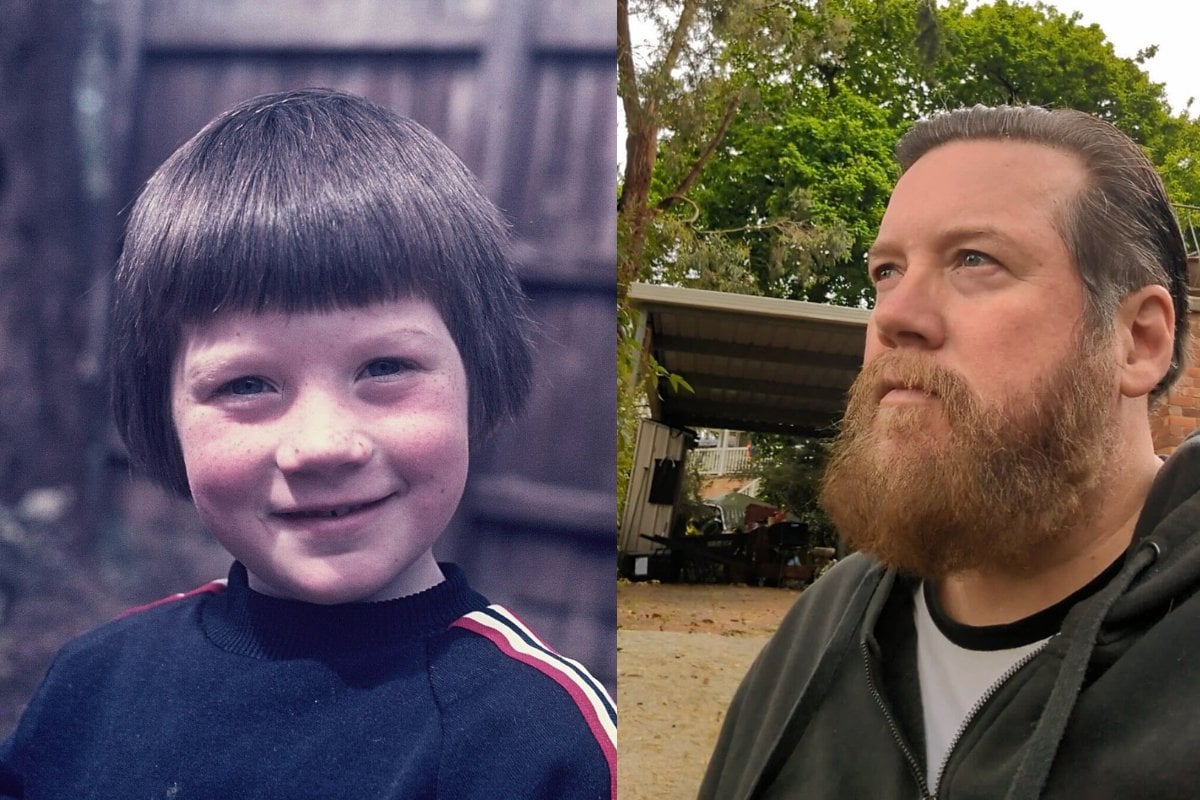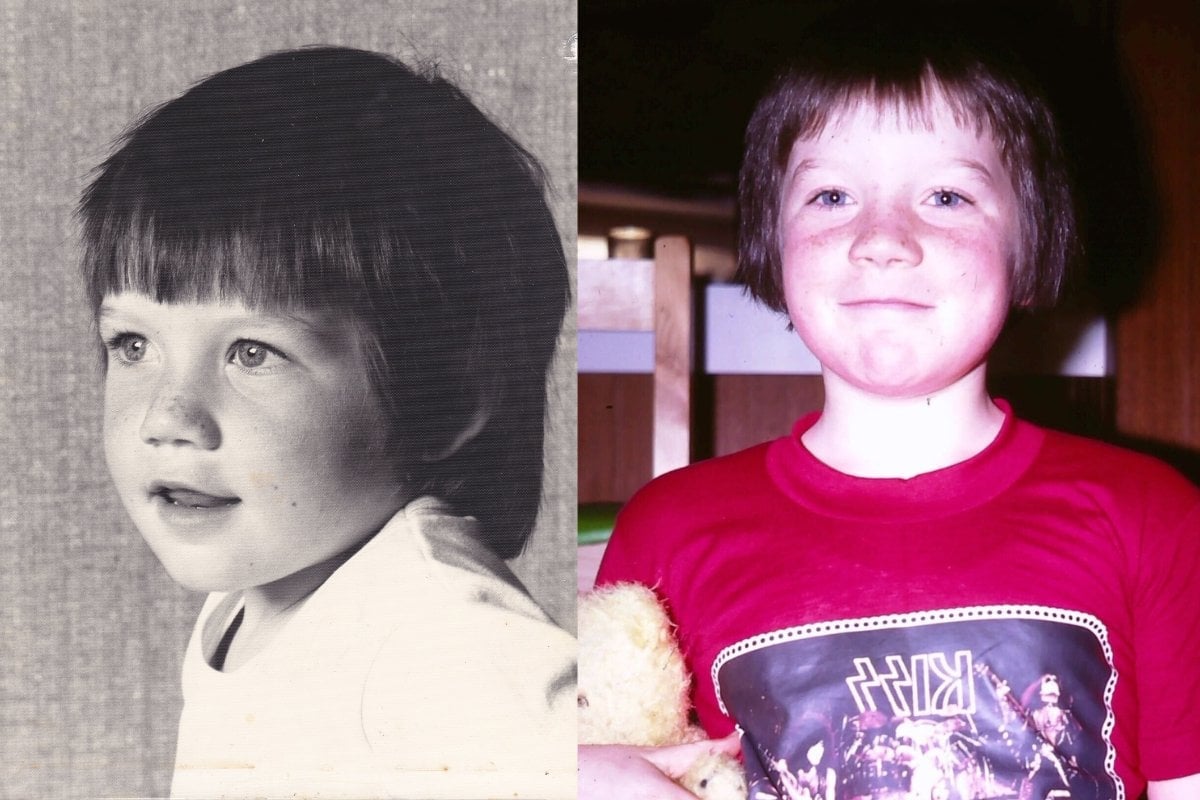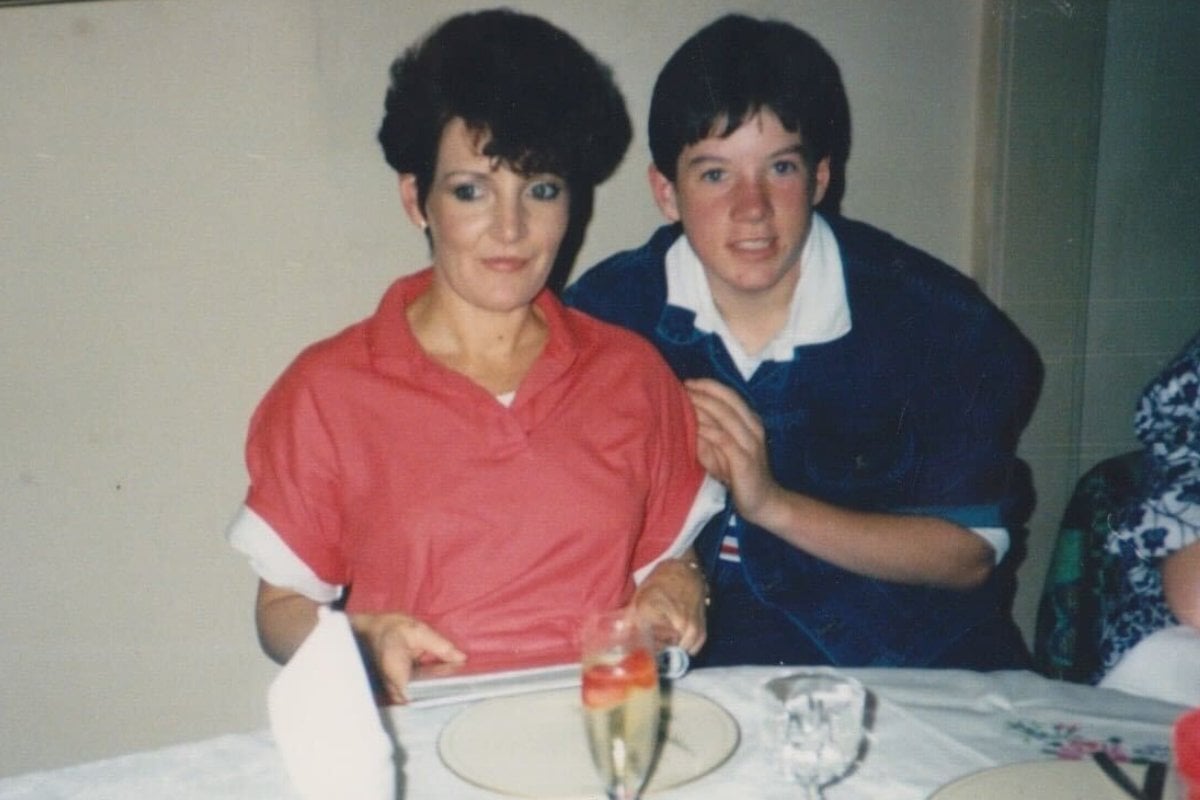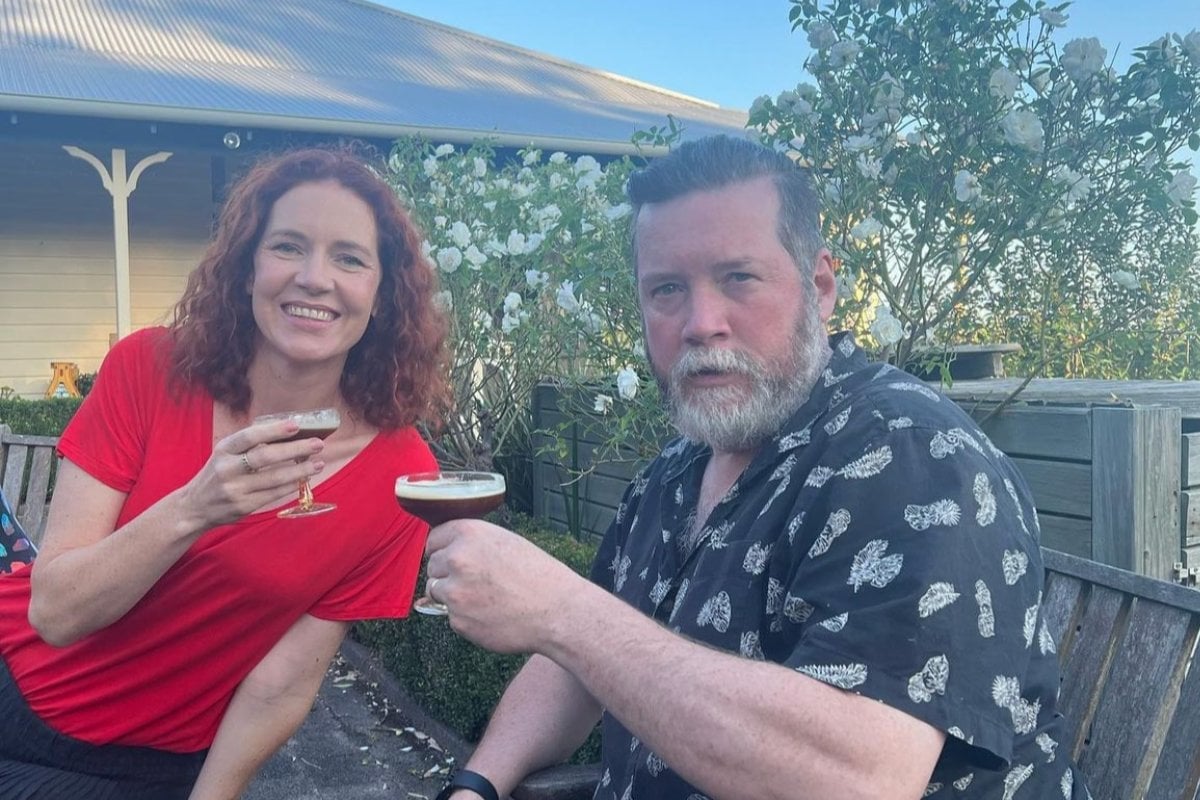
Dan Kerr is in a life season of re-evaluation. It all stems from a "life-changing" moment four years ago.
When Dan was 48, he was diagnosed as autistic. In stages throughout his life, there had been suggestions that he might be on the spectrum. Teachers had alluded to it in his report cards. His partner of over three decades also had a strong feeling.
"In the lead up to seeing the specialist, I had been told by so many people that I must have autism. I always rejected it," he tells Mamamia.
"But a quiet part of me felt like it must be true. So when I was told that I was autistic, it was such a joyous thing to be told. Because I was able to finally start making sense of who I was and why I am the way I am."
With the diagnosis though came a period of reflection, particularly on his childhood.
When Dan was young, his parents separated and they both married new partners. From the age of 11 to 22, Dan says he felt isolated in both home environments by his new step-parental figures.
In one household his "presence wasn't acknowledged at all" and there was always underlying resentment towards him.
In the other household, there was a great deal of anger and emotional hurt directed towards him.
 Dan when he was a child. Image: Supplied.
Dan when he was a child. Image: Supplied.


